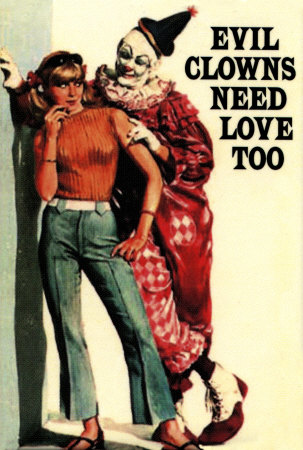Bob,hyatt wrote:A matter of semantics. One can compare two books, or two chapters, or two paragraphs to determine if one is a copy of the other. It doesn't matter what else was done in addition to copying, copying anything, by itself, is called "plagiarism" in the friendliest term applicable. If someone rips parts of Crafty, Fruit, etc, and adds to those other parts that he writes himself, there is _still_ a copyright infringement problem, because you can't copy code. Note that looking at a single line is hardly useful, as many books have the sentence "Ouch, that hurt!" but wrap that in enough context and copyright violation becomes apparent.
There are several different issues being discussed as if they are one in the same.
1. copyright. Whomever writes the code, by default, holds the copyright on it. He can voluntarily give up that right if he wants. Or if not, it remains his.
2. GPL. An addendum to copyright that simply says "you may copy, use, and/or modify this code. But if you do, and you distribute it to anyone (whether for sale or for free is irrelevant) you must distribute the modified source code in the same package.
3. Tournaments. They can make up whatever rule they choose. We have all pretty well agreed on the derivative issue, although certainly the Fruit/Rybka issue will give some pause to think about this further. Whether ip* and friends will always be excluded or not is unknown. Certainly no more than one of them can ever play in the same tournament due to the existing derivative rule. And if we see convincing evidence that suggests that ip* was derived from Rybka, they all ip* and friends would be excluded. Doesn't address the fruit/rybka issue, but then that is something that needs more data. Today, I do not believe many would vote to accept Rybka 1 in any chess tournament. But we are now up to Rybka 4. How much, if any, of the original fruit code is left? Unknown at the moment. Of all the issues around, IMHO this is the most difficult one to deal with. You can err on the side of logic, based on normal software development practices, and assume that since R2 was released 1 year after R1, that R2 was not a "ground-up rewrite" but reused lots of code from R1. And by applying that recursively, one could reasonably conclude that R4 probably has some of that code still present. Certainly there is code in the Current version of Crafty that was present 15 years ago when it was first released. That's a far longer lifetime than Rybka, and yet significant chunks of code have survived all the changes to the present date. But then on the other hand, older versions have been allowed to compete, so it would be difficult to suddenly say "no mas".
I don't quite get all the twisted interpretations of the GPL. My simple explanation above is what the GPL is all about. Yes it requires a lot of legalese to survive court challenges. But it is really about fairness. To let someone make their code available to others, yet preserving the right to see any changes other might make, if the changed versions are distributed. If the changes are kept private, then nothing has to be released at all. Seems like a rational way to promote open software development as opposed to what happens in commercial software development where everything is top-secret, classified, hidden by double-secret encryption, and by intentional obfuscation of information to hide as much internal "trade-secret information" as is possible.
I grew up in the days of "open computer chess development." Many of us exchanged source code all the time. Starting in the days of Coko (Kozdrowicki and I communicated a lot in the early 70's and the last version I had was Coko IV) and then on to Slate (not many wanted to look at compass assembly language but he made it available) and of course including Cray Blitz and Crafty, not to mention hundreds of other programs available today. We were trying to push the field forward, not push our own self-interests forward. I actually think we did pretty well at this approach, in spite of commercial computer chess programming practices.
For you as academic, it's about plagiarism, free sharing of information, ethics. Your pay, tenure, status, everything depends on that ethics set. For us commercials, or in my case ex-commercial it's about legality. My (commercials) pay, survival depends on being legal. So my take on the Rybka affair is to look for the illegality status (I don't see any), yours is as you set out above. Different.

